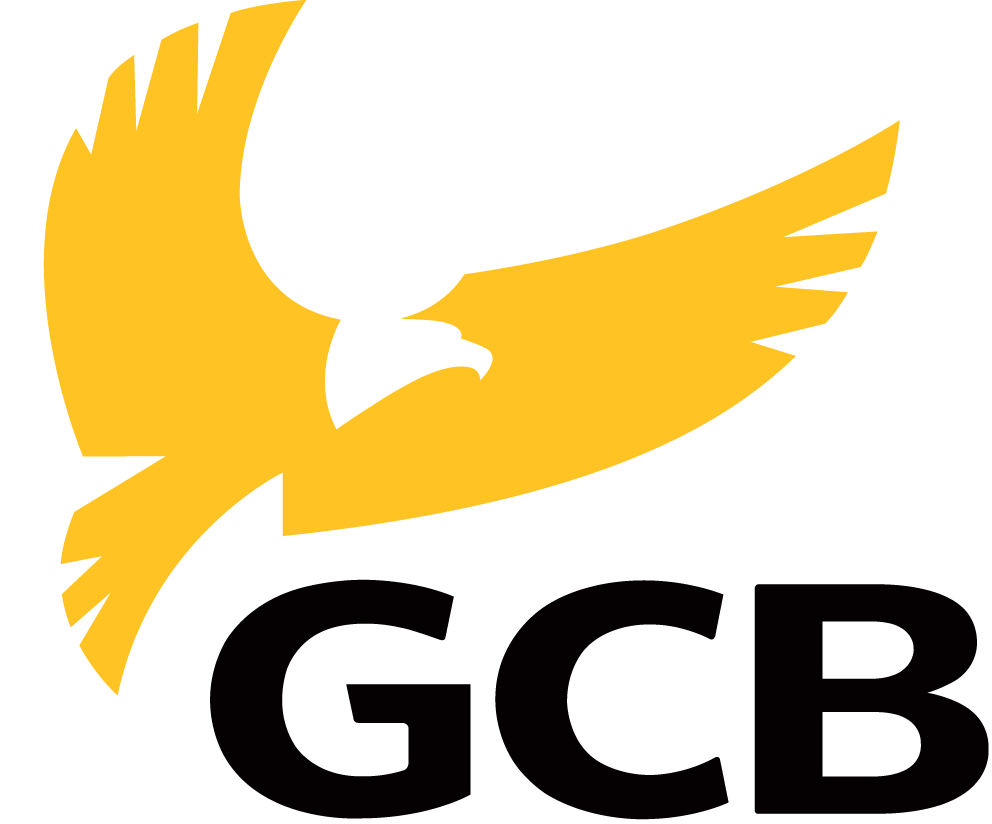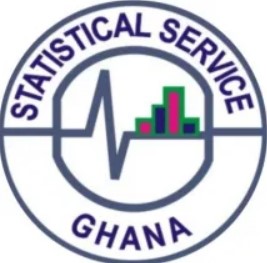In low- and middle-income countries, mobile money services play a significant role in expanding financial access, particularly in rural areas lacking traditional banks. In rural Ghana, where digital financial services are crucial for financial inclusion and poverty reduction, people rely on local vendors as "human ATMs" in the absence of traditional banks. Despite its potential, Ghana's mobile money sector faces significant consumer protection concerns. Vendors overcharge on more than 30 percent of transactions, and half of customers express mistrust in vendors. Additionally, vendor density varies substantially across villages, suggesting opportunities to increase competition through the introduction of new service providers.
Funded by IPA, researchers partnered with Ghana Commercial Bank and MTN Mobile Money (the two largest mobile money providers in the country), to conduct a randomized evaluation to measure whether increasing competition by introducing new vendors could improve vendor conduct and service quality in digital financial services. The intervention involved more than 4,700 households in 136 rural communities in Ghana. First, researchers identified successful local shop owners who could add mobile money services to their existing businesses. The researchers then randomly assigned communities to three groups:
- One new vendor: Localities received one new vendor each (increasing the number of vendors by 25 percent).
- Three new vendors: Localities received three new vendors each (increasing vendors by 70 percent).
- Comparison group: No new vendors.
Researchers complemented the study with administrative data analysis on transactions, account balances, and commissions, along with market surveys on revenues and profits. They also conducted mystery shopping audits and economic trust games to evaluate service quality, transparency, and consumer trust in vendors.
The introduction of new mobile money vendors in rural Ghana enhanced financial service quality while simultaneously protecting consumers. Increasing the competition reduced vendor misconduct by 50 percent, improved service quality, and boosted the local economy. New vendors were 28 percent less likely to overcharge, and existing vendors reduced misconduct by 35 percent due to competition. Service transparency and customer service improvements led to a 9 percent increase in customer satisfaction.
Increasing competition also drove local economic growth. When local shop owners began offering mobile money services alongside their regular business, their sales of non-financial goods increased by 20 percent. Combined with a decrease in price-cost markups of 27 percent—the difference between a product's price and its production cost—this suggests real gains for consumers. More customers started shopping locally rather than traveling to cities (a 10 percent increase in local purchases). Notably, these improvements in vendor misconduct and in local shopping increased household expenditures by 20 percent (276 GHS) in communities with new vendors. Businesses increasingly adopted digital payments by 18 percentage points from a means of 58.4 in the comparison group.
Implementing Partners


Research Partners













